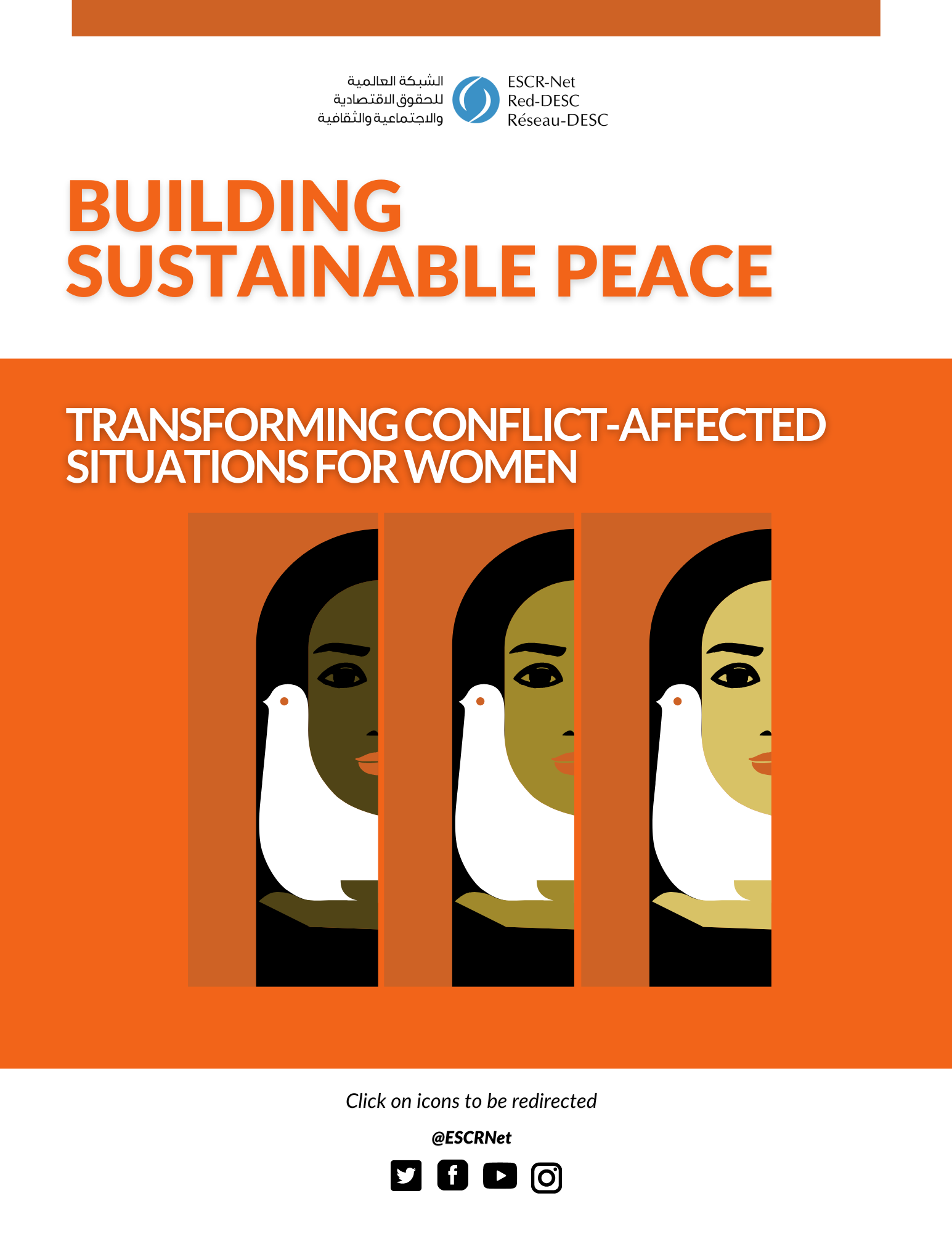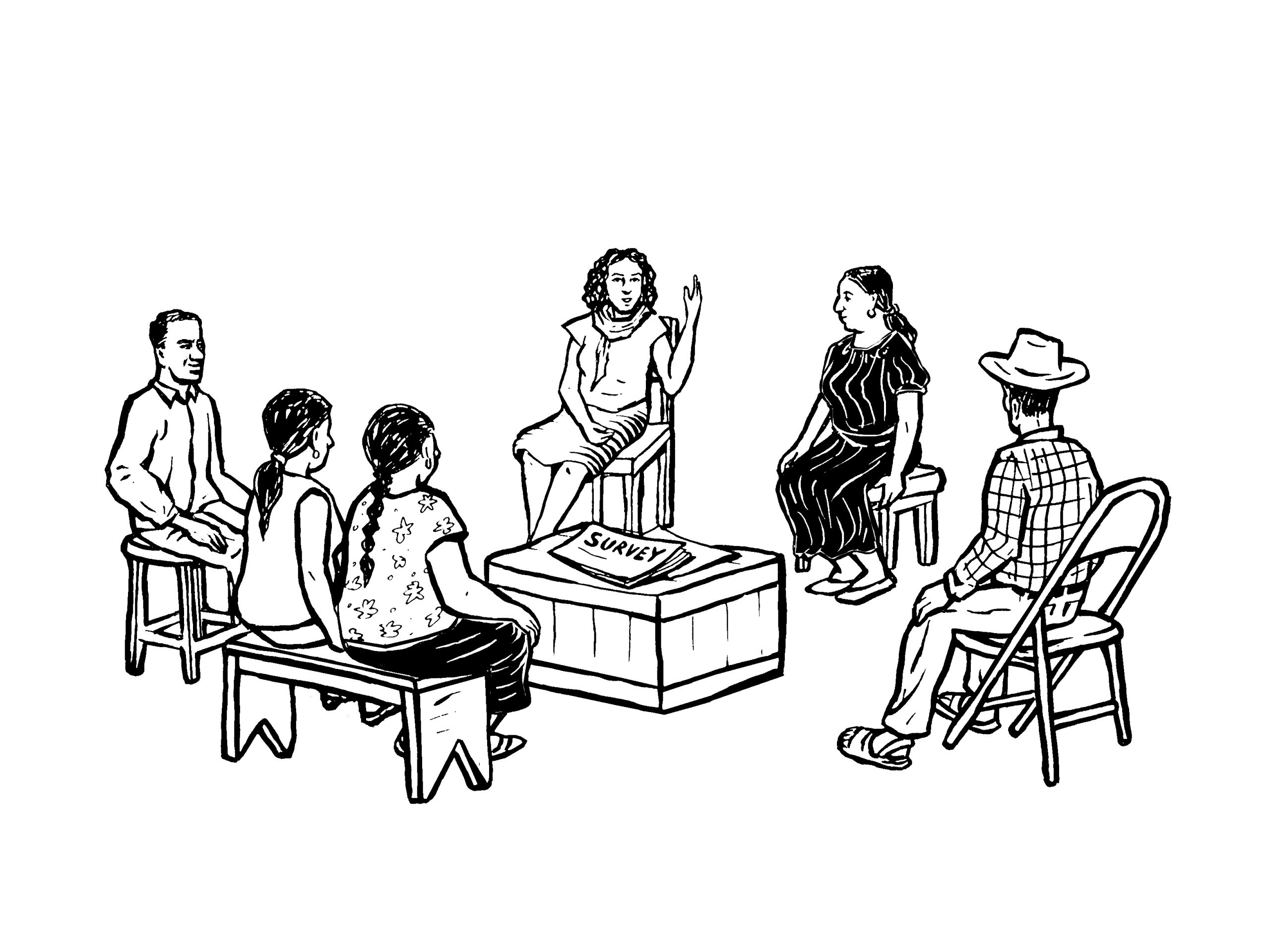ESCR-Net has intervened as amicus in the Thubakgale case before the High Court in South Africa, a decades-long case litigated by the Socio-Economic Rights Initiative in South Africa on behalf of 133 families seeking to vindicate their right to adequate housing in terms of both domestic and international law.
In the present proceedings before the High Court, the families are seeking of a contempt order against the authorities, or, alternatively an award of damages, given the municipality’s longstanding breach of a court order to provide them with the public housing units they had been officially granted on paper in the late 1990s. ESCR-Net’s written and oral interventions in the High Court, along with its subsequent supplemental briefing on the invitation of the Court during the hearing, placed before the Court international and comparative human rights legal standards and jurisprudence concerning the enforcement of economic, social and cultural rights (ESCR) through effective remedies including: contempt orders, damages and supervisory orders. The supplemental briefing focuses on the framing of a right to an effective remedy in international law, which consists of restitution, compensation, rehabilitation, satisfaction and guarantees of non-repetition(link is external).
The Pro Bono Practice at law firm Cliffe Dekker Hofmeyr Inc, in collaboration with counsel from Thulamela Chambers, represented ESCR-Net. In preparing its submissions, ESCR-Net benefited from inputs from members Amnesty International, Bangladesh Legal Aid and Services Trust; Dejusticia – Centro de Estudios de Derecho, Justicia, y Sociedad; Due Process of Law Foundation; Human Rights Law Network; International Commission of Jurists, Observatori DESC; Professor Tara Melish; Pro Public; and the Women’s Legal Centre.
The case provides the Court with a unique opportunity to develop jurisprudence consistent with South Africa’s international human rights law obligations to enforce ESCR by developing effective remedies for their violation. South Africa’s obligations to realize ESCR stem from, amongst others, the International Covenant on Economic, Social and Cultural Rights, African Charter on Human and Peoples’ Rights and the South African Constitution. As detailed in ESCR-Net’s amicus intervention, judicial enforcement through contempt orders, supervisory orders and damages awards, or a combination of these remedies, are among the range of effective remedies that have been applied by international treaty bodies, regional courts and domestic courts across world.

